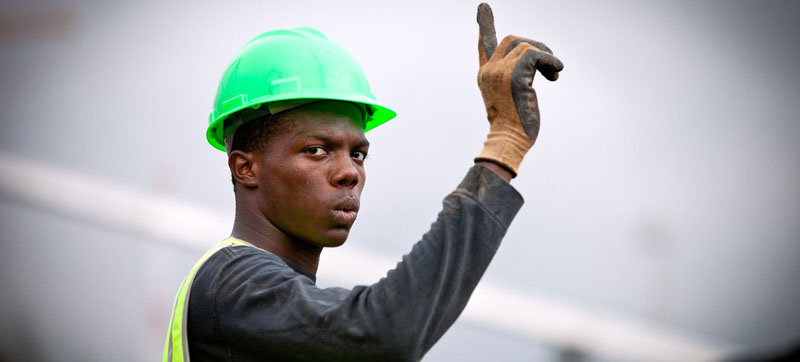 Green Recovery
Green Recovery
Commitment to post-pandemic ‘green’ recovery falling short, UN-backed study finds
New York: Countries have fallen short in their commitments to build back better after the COVID-19 pandemic, with just 18 per cent of announced recovery spending going towards ‘green’ investment, according to a new report published on Wednesday by the UN and Oxford University.
The study analyses pandemic-related fiscal policies of 50 leading economies and reveals that only $386 billion of the $46 trillion spent last year, could be considered green and sustainable.
The research was led by Oxford’s Economic Recovery Project and the Global Recovery Observatory, an initiative based at the university, together with the UN Environment Programme (UNEP).
“Humanity is facing a pandemic, an economic crisis and an ecological breakdown - we cannot afford to lose on any front”, said Inger Anderson, UNEP’s Executive Director.
“Governments have a unique chance to put their countries on sustainable trajectories that prioritize economic opportunity, poverty reduction and planetary health at once - the Observatory gives them the tools to navigate to more sustainable and inclusive recoveries.”
Tackle inequalities, stimulate growth
The report, Are We Building Back Better? Evidence from 2020 and Pathways for Inclusive Green Recovery Spending, calls for governments to invest more sustainably and tackle inequalities as they stimulate economic growth in the wake of the pandemic.
Other key findings reveal just over $66 billion was invested in low carbon energy, mainly due to Spanish and German subsidies for renewable energy projects and hydrogen and infrastructure investments.
Additionally, some $86.1 billion was announced for green transport, including through electric vehicle transfers and subsidies and investments in public transport, while $35.2 billion was announced to retrofit buildings to increase energy efficiency, notably in France and the United Kingdom.
Opportunity to recover still exists
“Despite positive steps towards a sustainable COVID-19 recovery from a few leading nations, the world has so far fallen short of matching aspirations to build back better. But opportunities to spend wisely on recovery are not yet over.
Governments can use this moment to secure long-term economic, social, and environmental prosperity”, said Brian O’Callaghan, lead researcher at the Oxford University Economic Recovery Project and the report’s author.
The report raises five key questions going forward, such as what spending pathways could enhance economic recovery and environmental sustainability, and what kind of recovery investments are countries making to combat climate change, nature loss and pollution.
The study underscores that green recovery can bring stronger economic growth, while also helping to meet global environmental targets and addressing structural inequalities which have been exposed by the pandemic.
The authors further assert that low-income countries will require “substantial concessional finance” to maintain progress made in the fight against poverty.
Support Our Journalism
We cannot do without you.. your contribution supports unbiased journalism
IBNS is not driven by any ism- not wokeism, not racism, not skewed secularism, not hyper right-wing or left liberal ideals, nor by any hardline religious beliefs or hyper nationalism. We want to serve you good old objective news, as they are. We do not judge or preach. We let people decide for themselves. We only try to present factual and well-sourced news.







